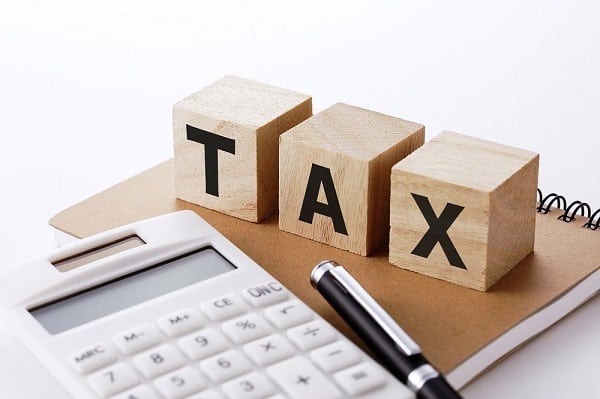Pakistan is losing approximately Rs. 750 billion annually in tax revenue due to rampant illicit trade and smuggling, severely impacting key sectors like tobacco, petroleum, and pharmaceuticals. A joint report by the Policy Research Institute of Market Economy (PRIME) and the Transnational Alliance to Combat Illicit Trade (TRACIT), titled “Pakistan’s Battle Against Illicit Trade: An Analysis of Challenges and Pathways to Resilience,” highlights the widespread nature of the issue.
Illicit activities, ranging from smuggled fuel to counterfeit medicines and non-duty-paid cigarettes, are embedded across the informal economy, which is estimated to be worth $123 billion. This contributes to a staggering Rs. 3.4 trillion loss in tax revenues annually.
READ MORE: Mobilink Bank and Daraz Pakistan Partner to Empower MSMEs with Finance and Digital Access
Two additional reports—TRACIT’s 2025 Global Illicit Trade Index and PRIME’s Combatting Illicit Trade in Pakistan—reveal the systemic causes of these challenges. Pakistan ranked 101st out of 158 countries in the Illicit Trade Index 2025, trailing behind regional peers like India (52nd), Bangladesh (95th), and Sri Lanka (73rd). Pakistan scored especially low in areas such as regulatory enforcement (29.3) and supply chain security (25.9), though it fared better in border and customs management (75.4).
TRACIT Director General Jeffrey P. Hardy emphasized the urgent need for stronger policy enforcement and the appointment of a National Illicit Trade Coordinator to oversee nationwide efforts.
The reports recommend sweeping reforms, beginning with taxation policy. Rationalizing excise duties and customs tariffs could help reduce the incentive for smuggling and black-market activity. Over-taxation has led to declining shares of the formal economy, especially in sectors like tobacco and petroleum.
Domestic enforcement remains another weak link. While border controls have improved, internal enforcement needs significant upgrades. Key recommendations include expanding the Inland Revenue Enforcement Network (IREN), conducting regular market inspections, and increasing FBR’s operational funding.
Modernizing the Track and Trace System across excisable goods is also essential. In the tobacco sector, for example, poor compliance shows the system is underutilized. Strengthening its technical capacity, mandating audits, and enforcing penalties can restore credibility and compliance.
Furthermore, inter-agency coordination must be improved. Current silos between the FBR, Customs, excise departments, and border agencies hinder effective enforcement. Establishing formal coordination platforms and conducting joint operations could disrupt illicit networks more effectively.
The reports conclude that by implementing structured reforms and investing in enforcement modernization, Pakistan can reduce illicit trade, increase public revenue, promote fair market competition, and enhance investor confidence. These actions are critical for achieving sustainable economic growth and strengthening national security.




